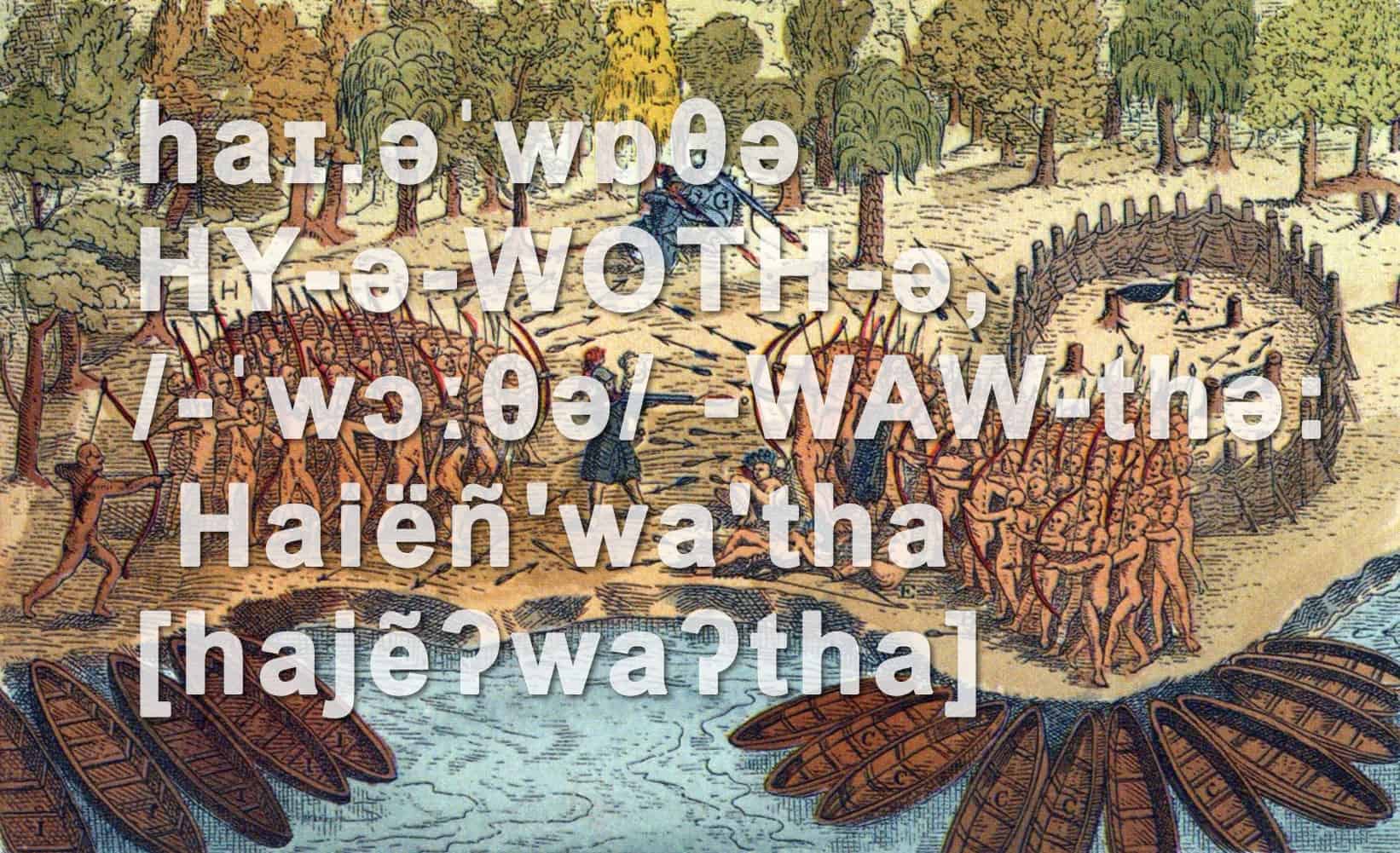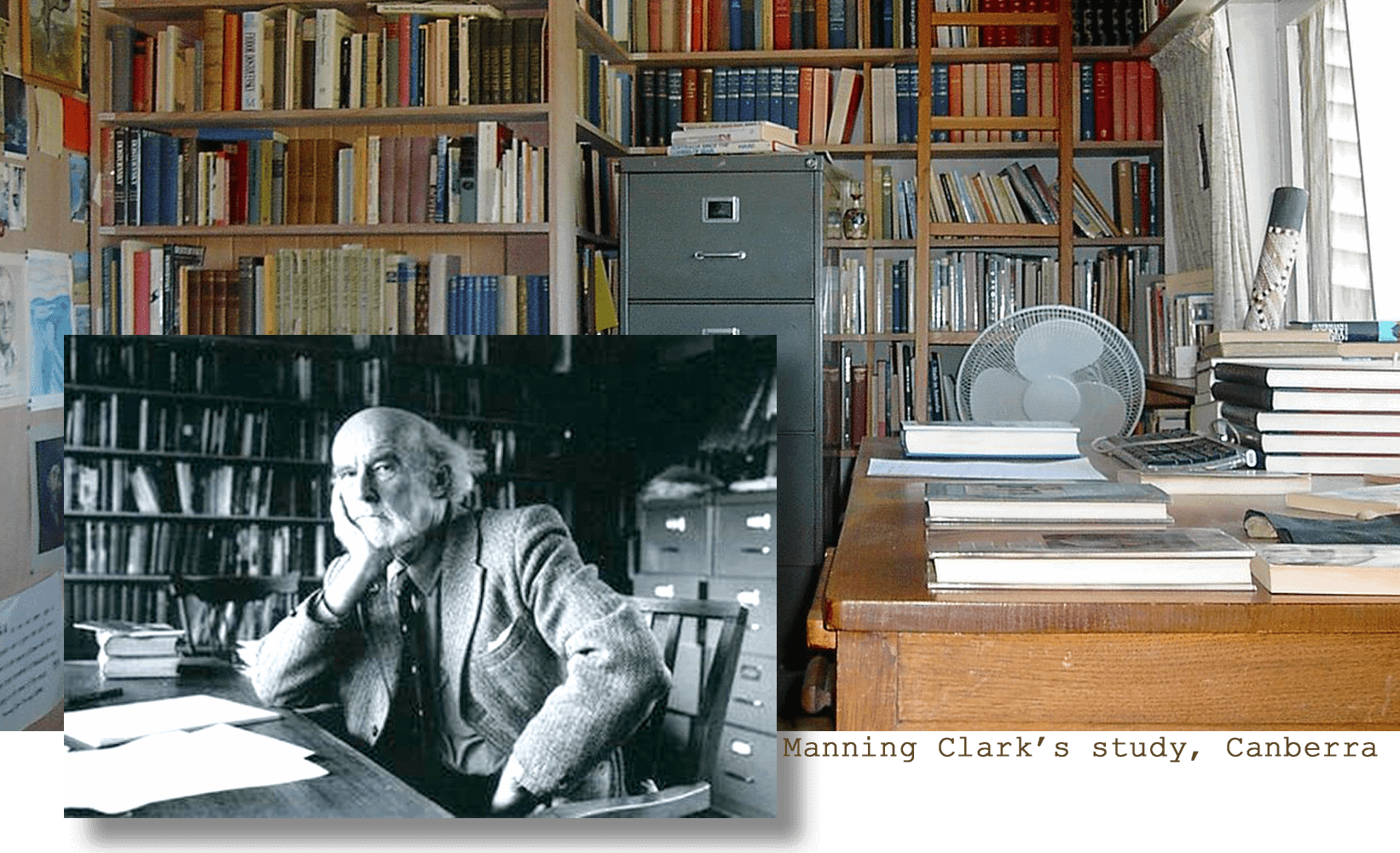‘I’m Sir Roger and I’m Fucked’
‘I’m Sir Roger and I’m Fucked’

This is not for you
Really. We just want to acknowledge ourselves privately but publicly (it makes sense to us, anyway). It’s not meant to be onanistically self-congratulatory, except in the sense that we have achieved some things and we want to record them.
So this is a stocktake for posterity, if you like, that marks a moment, a milestone.
Yes, ValuesAustralia is two years old. This is our 712th post. Singlehanded, eh, Clubtroppo, Larvatus Prodeo, RoadtoSurfdom etc. etc.? That’s almost one a day. (There used to be a billboard for One A Day vitamin pills at the corner of Victoria Rd and Rowntree Street at Blackwattle Bay in Sydney. There was a picture of a man and a woman. The woman was saying, “I’m Jenny and I give John One A Day.” Soon a graffiti artist had added, “I’m John and I’m fucked!”)
And, yes, we’re just about fucked, ourselves. We’ve got a rotator cuff from all the typing and mouse clicking, especially during October and November last year.
(We went to the radiologist. “What seems to be the problem?” “I’ve got a sore shoulder.” “Hmm…we’ll do an ultrasound and an x-ray…… Hmm…. Hmmmmmm, our expert analysis of the ultrasound and x-ray indicates you have a sore shoulder. You’ll have to stop using it for a while.” “Thanks….What?)
We’ve never paid for any advertising. We’ve never submitted ValuesAustralia to any search engine. Nevertheless, we got ourselves listed on Google within 24 hours of launching the site. We tried to register the site with dmoz.org (The Open Source Directory) – as you do – but it wasn’t taking orders, and by the time it came back on line months later, ValuesAustralia was already magically listed!
We’ve been #1 for “Australian Values” on Google, Yahoo, Live and Ask most of the time for more than a year and a half. We’re #12 for “values” on Google worldwide, out of 314,000,000 results and on google.com.au we’re #2 for “values” out of 307,000,000. We’re #1 on google worldwide and Australia for “Australian political values” out of about 400,000 results.
Our Google Page Rank is 4 (used to be 5 but they changed the algorithm) which is respectable but we’d prefer a 5 or a 6.
We’ve had over 300,000 aggregate visitors and more than 75,000 spam messages (thank you, Akismet).
Earlier this year we were consistently getting more than 1000 visitors a day – over 30,000 a month, which is okay, although nothing like the big guys.
We’ve made friends all over the world and especially in Australia. We are in the top 1% of websites worldwide. We are popular in Saudi Arabia – amongst the top 42,000 favourite sites for Saudis. (That worries us just a bit…Say hullo to Al for us…) We appreciate our readers and those who choose to comment from time to time. We thought a scarcity of comments was a Bad Thing, a Failure, but we noticed that one of the most popular, most entertaining bloggers we know of, Whatever It Is, I’m Against It, doesn’t get heaps, either – a few, but not tens like Possum or hundreds and thousands like William the PollBludger.
In May 2007 ValuesAustralia was picked up by the “Stay In Touch” column at the Sydney Morning Herald, accusing us of “rhetoric”.
One of Sir Roger’s posts was selected by ClubTroppo and On Line Opinion in January 2008 as one of the top 40 posts in Australia for 2007. We’re very proud of that.
But it’s a post we made early in 2007 that we are still most proud of. Ken Parish at ClubTroppo called it
“quite possibly the best piece of passionate, angry polemic I’ve ever read, certainly on a blog. ‘Roger Migently’ is roused to extraordinary heights of eloquence… ”
Yes, Troppo has been good to us and we mourn the passing of Missing Link and Ken’s prolonged work-induced(?) absence. We were also congratulated by Richard Neville (HomePageDaily) and Steven Poole whose Unspeak blog is our benchmark for economy, clarity, style and wit.
We have enjoyed the journey so far and we have no intention at this stage of stopping, although we have slowed down (work, you know).
Bobbo the Clown
Our favourite person in the world, of course, is the clown, Bob Correll (above), Deputy Secretary of DIC, OPM, because he wrote us the letter which inspired our outburst. As we discovered he was (and appears still to be) the person who had taken over departmental responsibility for “Borders, Compliance, Detention and Technology”, or in other words, perhaps, for keeping innocent kiddies locked up in the desert, deporting Australian citizens, supporting the failed state of Nauru, making the lives of genuine refugees a misery, doing it to please the Minister, and all at the touch of a computer key. Previously he had been the driving force behind developing and implementing Job Network, or “how to design exquisite, personalised punishment for people who are already struggling with the stress of being unemployed”. Godluvvya, Bob! How’s the Volvo? How’s the kids? How do you sleep at night?
One of the most satisfying things is how we always beat the Immigration Department on Google.
Our second favourite person is Mick Keelty, just for being such a hopeless buffoon and continually making appalling stuff-ups for us to make fun of. G’bye, Mick.
Anyway, just for the record.
(And a special “hi!” to Lang!)







